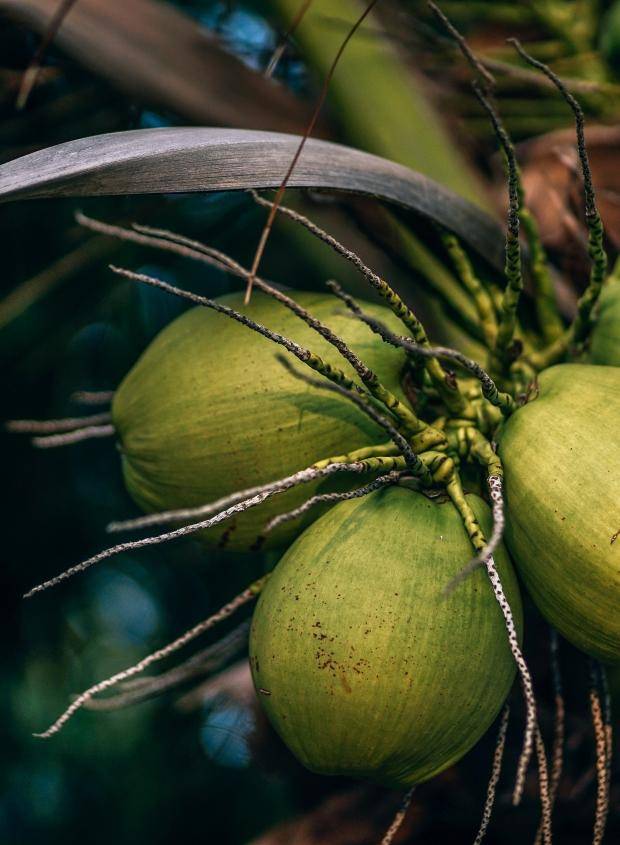HelloFresh is the leading supplier of fresh food meal kits to consumers in developed markets around the world. The meal kits use fresh ingredients in pre-measured quantities allowing for calorie control with the intention of supporting healthy eating. Customers are provided with a flexible and convenient route to eating more healthily that also offers up to one third less food waste than more traditional food supply models.
This case studies provides a follow up to the work we did when first alerted to this issue in Q4 2022.
Engagement issue
Animal labour in the supply chain
Engagement objective
Understand the extent to which animal labour is used in the supply chain, and specifically monkeys for the harvesting of coconuts.
Scope and process
We arranged a call with a member of the Corporate Engagement team at PETA to gain a bettr understanding of PETA’s investigation, its interactions with HelloFresh and what a responsible transition away from Thai coconut milk would look like:
i. The investigations: PETA’s undercover investigations provide irrefutable evidence that the use of monkey labour is widespread and deeply ingrained in Thailand. It is also fragmented, both geographically and with many different parties involved such as monkey training schools, brokers, pickers, and the farms themselves. Coconuts harvested by monkeys are mixed with those that are not making traceability through the supply chain nearly impossible. Supplier audits, which are often announced in advance, are difficult as monkeys can be easily moved from farm to farm, as is often the case during the harvest season. Still, undercover site visits found evidence of the practice easily. PETA has previously contacted major coconut suppliers though most have not responded to the latest investigation, indicating the need for government intervention.However, part of the problem is that the Thai government are actually promoting it as a traditional practice to generate tourist revenue.
PETA estimate that roughly 50% of all Thai coconut milk is being harvested in this way. While the practices will exist in other growing regions, such as Sri Lanka, Philippines and Vietnam, tit is not nearly as entrenched, industrialised and ubiquitous as it is in Thailand.
ii. PETA’s Interactions with HelloFresh: PETA first contacted HelloFresh in Germany in 2020 to share findings from an earlier investigation, which was when the company was first alerterd to the issue. At the time, the German subsidiary committed to stop sourcing Thai coconut milk from two of the suppliers named in the investigation, Aroy-D and Chaokoh. HelloFresh was targeted as a well known global brand a major buyer of coconut milk and, by all accounts, had been cooperative. Changes in personnel at the NGO contributed to the decision to target the company a second time.
iii. Managing a responsible transition away from the use of monkey labour: PETA confirmed that farmers using monkey labour are small-scale, based in rural communities with limited resources. We expressed our concern about the risk of financial ruin, or uptake of equally concerning practice such as child labour, as a result of the campaign to stop sourcing from Thailand and asked how companies can responsibly transition away from Thai coconut milk. PETA stated that the next part of its campaign will focus on targeting the Government and some of the big suppliers. The aim is to have these parties provide funding for human and machine collection, as well as for the prevention of capture, facilities to look after rescued monkeys and to stop the tourist department from promoting the use of monkeys.
WHEB’s view
We believe that HelloFresh was establishing proportional measures to prepare for the risk as soon as it became aware of it. Understanding of the scale of the issue in Thailand has only recently become apparent to PETA. We are pleased to see that the company has made the decision and subsequent public commitment to stop sourcing form Thailand and we will continue to monitor the company’s progress on responsible sourcing of coconut milk from other geographies, as well as broader quality and assurance practices and animal welfare policies that it stated it was developing as a response to this subject.
A larger question remains about how to support low-income communities in transitioning away from using monkeys for harvesting coconuts. Support for this needs to be led by the Thai government and supported by major suppliers, which is what PETA are pushing for. We would welcome any action from HelloFresh on this however, believe that the company has taken proportional measures already.
